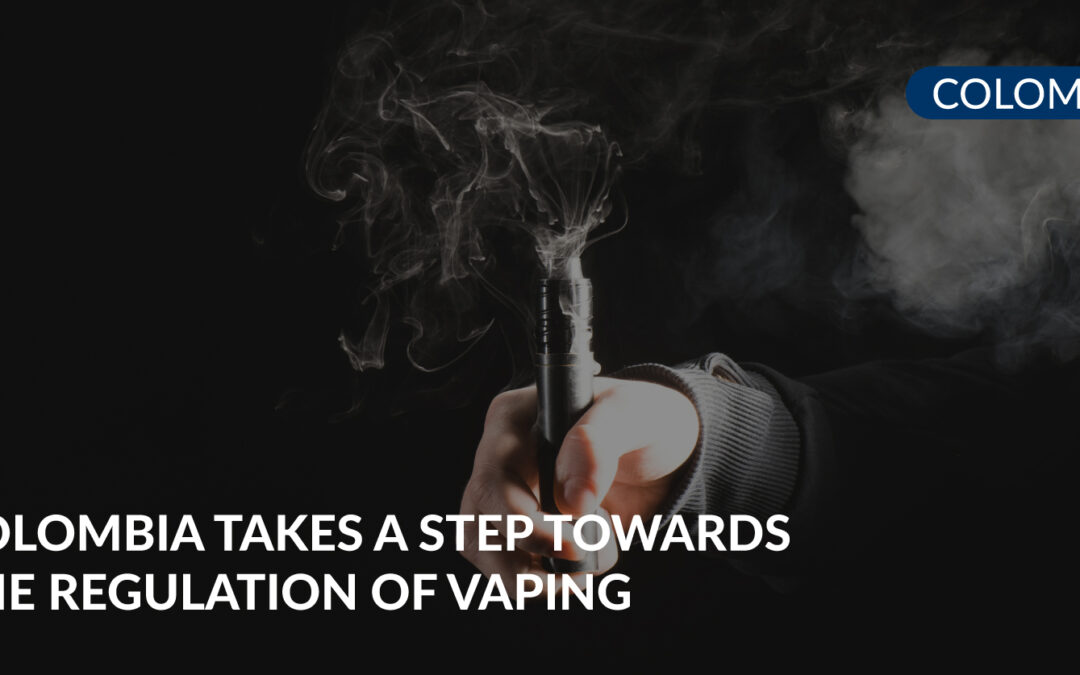In an important ruling dated May 27, the State Administrative Tribunal of Cundinamarca issued a first stance decision in an action for defense collective rights (“Acción Popular”) related with agrochemical products, health and environmental issues.
The Action questioned Resolutions issued in the year 2002 by the Ministry of Health and the Colombian Agricultural Institute (ICA) that established a summary registration procedure for pesticide products containing active ingredients that had been previously registered, whose formulations could be different to the original formulations whose safety and efficacy had been credited. These products, whose additives could be “the same or different but chemically identified” could obtain provisional toxicological approval and marketing licenses for a period of one year, at the end of which, in the absence of reports of adverse effects attributed to their use, they would receive the definitive license for an indefinite period of time. This approval procedure, unprecedented worldwide, substituted the previous evaluation of risks for marketing approval of pesticides for a subsequent follow-up of their effects, in the practice impossible to verify. Under these norms a number of pesticide products were approved which entered the Colombian market without having to demonstrate equivalence with the products of reference whose safety and efficacy had been evaluated. After a careful analysis of the evidence on file, the majority position favorably decided on the merits of the suit, concluding that Resolutions 1550, 1592 of the Ministry of Health and 2899 of the Colombian Agricultural Institute (ICA) entailed the “potential risk of harm to the collective rights related with a the environment, public safety, health, and consumer’s rights”. Consequently, the Tribunal ordered that the Ministry and the ICA, within a month counted as of the date of the notification of the sentence, proceed to take the necessary measures towards the definitive cessation of effects of said norms. The ruling included two dissents: the first from the presiding judge, motivated by the fact that the majority position had denied the injunction that she had included in her original proposal for decision. This injunction, in line with the spirit of the ruling that was aimed at the protection of the threatened collective rights, requested that until the order to the entities to “leave without effects the questioned norms in a permanent manner” was carried out, the marketing licenses for the products that had been approved under these norms should be provisionally suspended, and the products removed from the market. The second dissent diverted from the majority ruling itself, in accordance with the arguments of the interested party in the suit, agrochemical companies that had obtained provisional registrations under the questioned norms. The dissent expressed that the alternative of the action for the defense of collective rights (Acción Popular) was not applicable, in light of her conviction that the motivation behind the suit was no other than to eliminate competitors from the market, “unlawfully resorting to a different alternative that that contained in our legislation for true cases of unfair competition.” Although the ruling does not have immediate effects upon the validity of subsequent norms that adopted the registration procedure questioned therein, the ruling establishes a precedent for the analysis of the legality and convenience of these later norms, as the decision clearly points out that Article 4 of Law 822 of 2002 on “generic” pesticides, established the same registration procedure whose risk was determined. The sentence was appealed before the Council of State, whose final decision should issue sometime in the next year.






